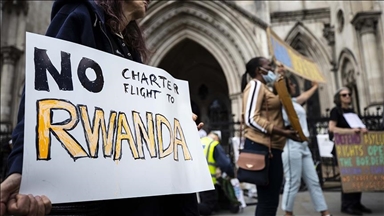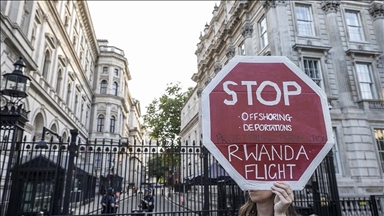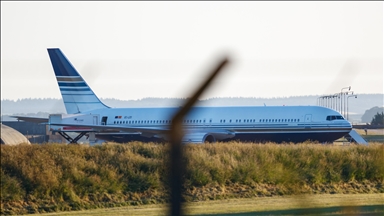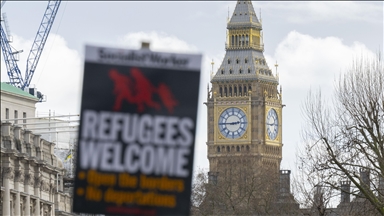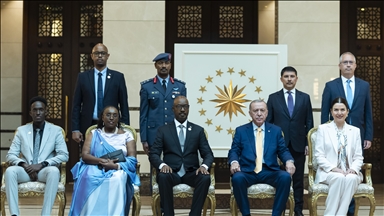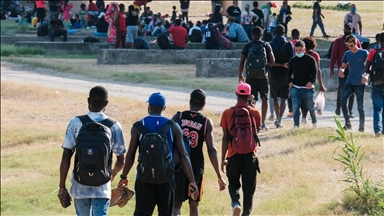Virus-induced online learning measures demystify education in Rwanda
It demonstrated that learning is not restricted to a physical setting, says education official
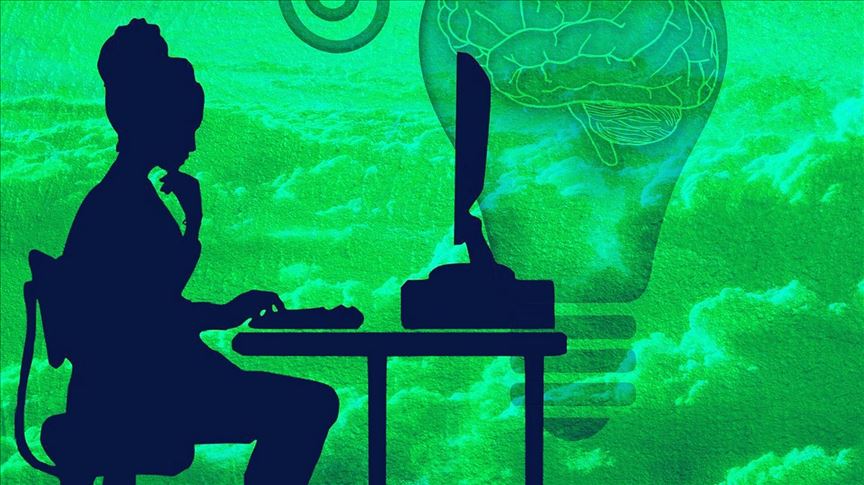
KIGALI, Rwanda
With its fatal touch on human health, coronavirus forced governments across the world to take strong precautions. Schools took their piece of the pie and remote learning measures introduced during the outbreak have demystified teaching and learning in Rwanda, according to authorities.
In separate interviews, different officials said online teaching is likely to continue even after the pandemic.
“What we are doing in terms of e-learning is a big undertaking as we managed to demonstrate that learning is not restricted to a physical setting; learning can take place anytime, anywhere,” Irenee Ndayambaje, the director of Rwanda Education Board told Anadolu Agency.
“Going forward, remote learning solutions even when schools reopen shall continue not only to supplement the physical classroom teaching but also to better transform our education to make it ICT-led education,” he said, referring to the information and communication technology.
Challenges
The Rwandan government shut down education institutions on March 14 after confirmation of the first case of COVID-19 in the country.
The government swiftly moved to bolster e-learning platforms and scaled up capacity to facilitate learning in primary, secondary and higher education, according to Ndayambaje.
The digital divide, however, needed to be closed for effective learning. The government, therefore, reached out to telecom companies in the country to make sure the learning portals are zero-rated for all public and private learning institutions and to ensure easy access to internet.
To address the limited access to computers or smartphones the government also launched a radio learning program to cater for disadvantaged students.
Solar panel radios were distributed to more than 900 selected poor families to provide learning opportunities for all.
Apart from the national radio broadcaster and its community radios, Rwanda is using nine radio stations and more than seven television stations to deliver lessons, the official said.
Currently, the Education Ministry’s e-learning platform benefits more than 70,000 people a day compared to 5,000 before the pandemic, according to Ndayambaje.
Teachers, students welcome e-learning
There was a clear desire among students and teachers to adapt to remote learning, according to Callixte Kabera, the rector of Rwanda’s University of Tourism Technology and Business Studies (UTB).
“At UTB we started the e-learning program on March 29 without any challenge because lecturers and students had been prepared way back. The students and lecturers are all happy, the lecturers did not find any difficulty in implementing it,” Kabera told Anadolu Agency.
“The impact is good; between 74 and 86% of our students are following e-learning. This was long overdue; for us, we think that is the only option that higher learning institutions have to mitigate the spread of COVID-19. We could not think twice before adopting this new approach of delivery,” he said.
He cited lack of access to ICT devices for some students among the main challenges.
Ange Iraguha, a student of Biomedical Laboratory Science at INES Ruhengeri based in northern Rwanda, said it took her about two weeks to adapt to and embrace online learning.
“While we were worried, I found the option of online learning helpful to continue with our education. The e-learning has provided us with opportunities to learn new digital skills,” she said.
Assessment
Leon Mwumvaneza, the chief information officer at Rwanda’s Education Ministry believes a permanent change has been introduced since the pandemic.
“Before COVID-19 few universities had education content online. Going forward, we will be sure that whenever there is a need to introduce online learning, it will be easy because students and teachers are now familiar with it and they are aware that it is possible,” he said.
He explained that the ministry set up a team to monitor learning and teaching at all the education levels to ensure there is no interruption.
Our assessment shows that it has been effective, he said.
To assess the learning process at primary and secondary education, the ministry came up with a mobile app assessment platform, with a series of well-structured questions per level per subject which help students test their learning.
Schools in Rwanda could welcome back pupils to campuses in September, depending on a health assessment, according to the prime minister’s office.
Ndayambaje underlined that education officials are looking at how to make Rwanda’s education system more resilient, to make sure it would not be shaken by such or another similar pandemic in the future.
“We are going to invest more in ICT but also to diversify the models of delivery -- putting the student at the center of the learning process. The student in the house now is responsible for his or her own learning more than ever before though parents can assist … they should understand and play a pivotal role in their own learning process,” he said.
The Global Learners Report released recently by Pearson Education, a company that provides educational content and assessment service to schools showed that while a majority of people, 77%, believe reopening schools is crucial to the recovery of the global economy, opinions are divided on how to keep pupils and students safe on the campus.
Roughly 90% of the respondents said they expect online learning to continue at different academic levels.
The Global Learners Report polled over 7,000 people in the US, UK, Brazil, China, Canada, and Australia.
Anadolu Agency website contains only a portion of the news stories offered to subscribers in the AA News Broadcasting System (HAS), and in summarized form. Please contact us for subscription options.


